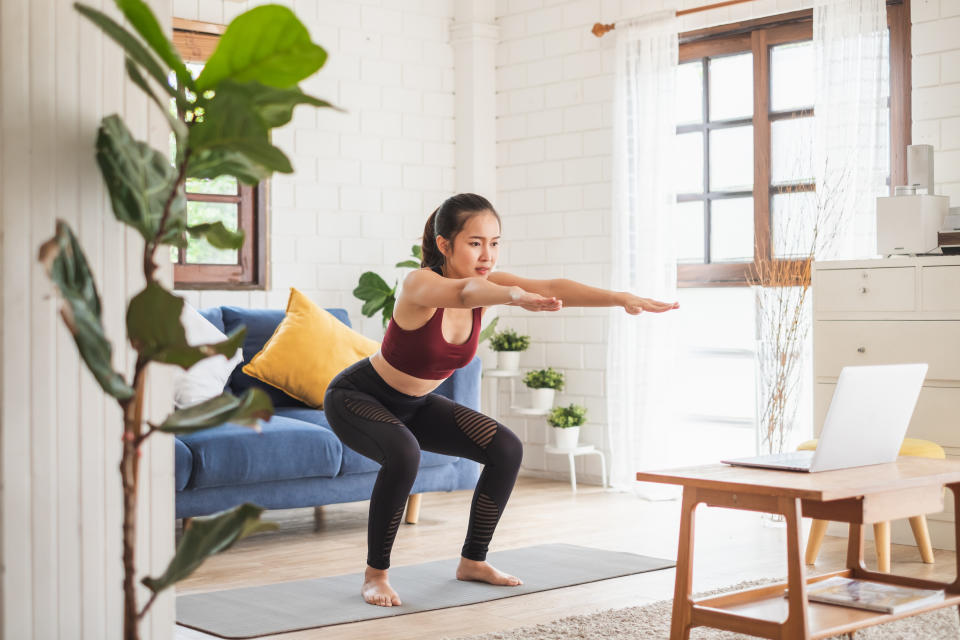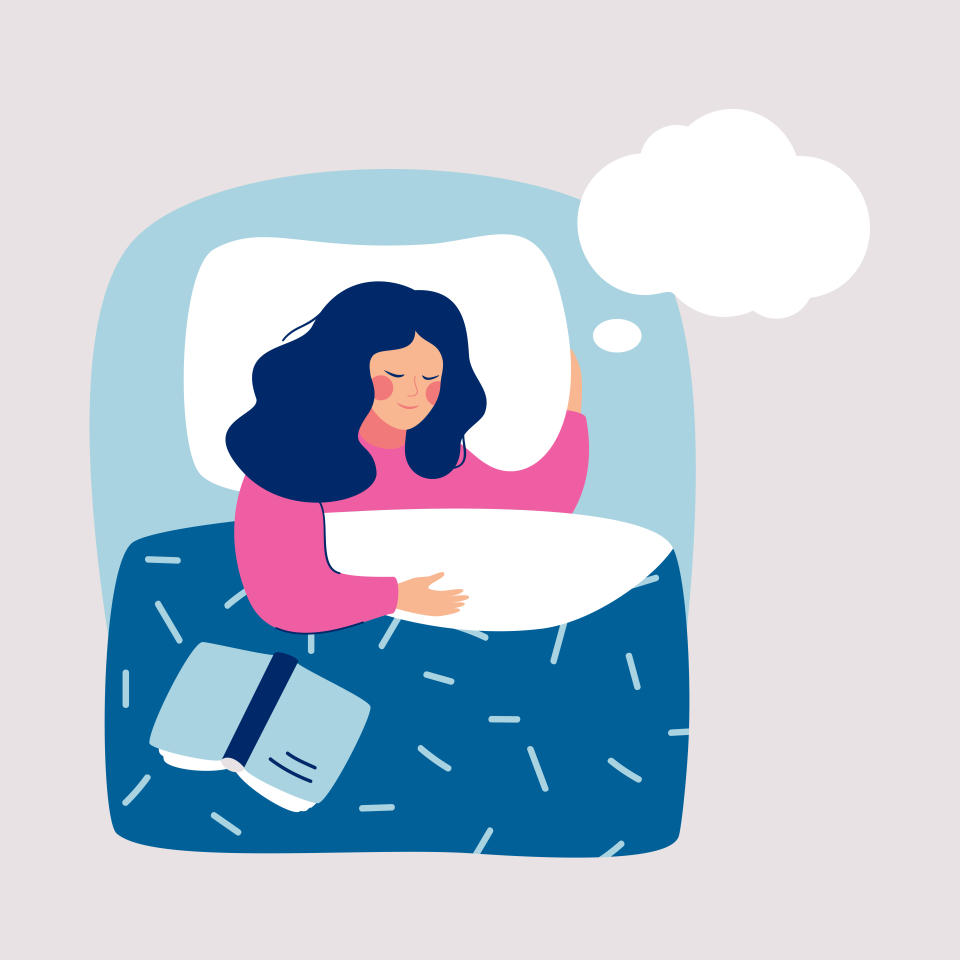How to improve your immune system as we wait for a COVID-19 vaccine

Although social distancing and other actions have slowed the COVID-19 virus down, we won’t really be able to go ‘back to normal’ until a vaccine has been discovered. While there are a number of trials underway, many experts expect the wait to be up to 18 months or more before a successful vaccine becomes available.
So what can we do to help our immune systems until the vaccine arrives? According to a recent report by Professor Julia Rucklidge, from the University of Canterbury, and Professor Grant Schofield, from Auckland University of Technology, there are some easy things you can do to improve your immune system.
Update your lifestyle choices
It’s easy to get lazy while you are on lockdown. It’s hard when you can’t hit the gym or go for a long run; with nothing to do and nowhere to go it’s easy to just snack constantly rather than have your time - and hands - taken up with other things to do.
“Healthy organisms are naturally resistant to infections. This is true in plants, animals, and people. Maintaining optimal health is our best defence against a pandemic until a vaccine is available,” wrote Rucklidge and Schofield in their report.
1. Change your diet
Vitamins like C, D, and Zinc are essential for improving your immune system. Low levels of vitamin D, for example, is considered a risk factor for surviving COVID-19. Eat whole foods rather than processed ones, like fish, legumes, nuts, and healthy fats to increase these nutrients in your diet.
2. Exercise more
We all know that we should exercise more for a healthier and longer life, but in relation to COVID-19, we need to focus on our cardiorespiratory - or heart and lung - fitness according to the report. If we are fitter in these areas we are less likely to suffer from respiratory illnesses and also to recover more quickly if we do get them.
You should at least walk for an hour per day, preferably outside if you can. Ideally, you should be fast walking or running, for an hour a day to improve your cardiorespiratory health. If you can’t leave your home, look for dance or aerobic videos on YouTube to get you motivated to move at home.
3. Watch your stress levels
According to Rucklidge and Schofield, “stress impairs our immunity”. This is because stress can affect our ‘cortisol response’ and this suppresses your immune system. If your stress is too high, at chronic levels, it will decrease the white blood cells - or lymphocytes - that are supposed to fight infection.
“The lower your lymphocyte count, the more at risk you are of catching a virus,” write Rucklidge and Schofield. There are a number of ways to help lower your stress levels - yoga, meditation, eating well, sleeping, etc - but you can also increase the amount of vitamin B in your diet by taking a supplement. Other minerals like iron, zinc, and magnesium are also helpful in reducing the impact of stress on your immune system.
4. Improve your sleep
Sleep is not only important in helping to reduce your stress levels, but having a good night’s sleep can also help support your immune system. According to a report from the University of Queensland, sleep is “essential for maintaining our health and mood”.
Adults need between seven and nine hours of sleep per night for optimal health, although some people may need a little more, or a little less. The important thing is to have consistent sleep - you should try to always sleep at the same time every night, and for the same length of time. Having irregular sleep patterns can lead to increased symptoms of depression and anxiety; and other long term health problems include heart disease, high blood pressure, obesity and diabetes.
When it comes to your immune system, you need to sleep. During sleep, the immune system releases proteins called cytokines that are important for fighting infections and help the body respond to stress. No sleep; no cytokines. Lack of sleep also increases our cortisol hormones which leads to increased stress. Which also leads to lack of sleep. It can be a vicious circle.

How to sleep better
Most of us have suffered through periods when we just can’t get enough sleep. You might not be able to fall asleep, or maybe you can fall asleep but keep waking up during the night.
Whatever your problem, you have certainly been told all the usual tips about how to get a better night’s sleep - no coffee, a dark room, no electronics for an hour before sleeping, keeping your bedroom for sleep only, reducing noise with earplugs or white noise machines… sometimes these things work, sometimes they don’t.
Create a Sleep Plan
You can also try a structured Sleep Plan for a better night’s sleep, to go along with all the other suggestions.
set an alarm one hour before bed to signal it’s time to start getting ready
take a warm shower or bath
wind down with a book, stretching exercises, or gentle music
Balancing the New Normal:
FOOD REVIEW: Firebake - quality bakehouse with a prawn capellini that is to die for
Where to order affordable food during Circuit Breaker, including free meals for the needy
Coronavirus: How to help children get used to wearing a face mask or covering
This gadget will change your life and how you perform housework forever
Shopping: Products for a happier and healthier furkid
How to avoid post-lockdown burnout
Why family rituals are so important (and 8 ideas for how to incorporate them at home)

